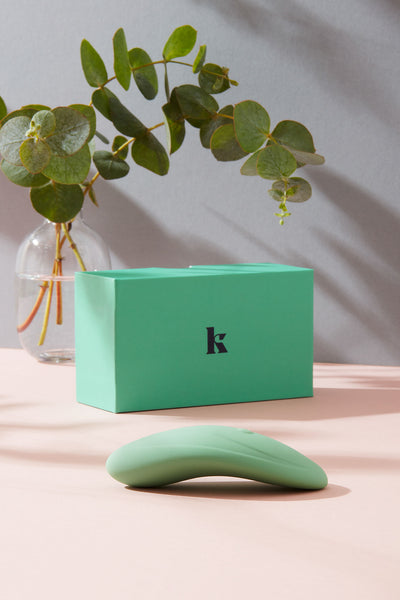How to Optimise Your Bedroom for Better Sleep
Improving your sleep is more than just establishing healthy night-time habits and going to bed on time. Often, the state of your bedroom is also at play. An organised and relaxing bedroom is a key element of sleep hygiene which can determine the quality of rest you’ll get night after night.
From lighting to temperature, your sleep is only as good as the environment you are in. Below are some ways to optimise your bedroom for a more restful sleep.
- Invest in a Quality Mattress and Bedding
Your bed plays a major role in your sleep and it’s not something that you should skimp on. Back and neck pain can ruin your sleep, but both can be relieved by investing in a good mattress. It’s important to strike a balance between comfort and support so that your mattress can relieve pressure points while keeping your spine aligned.
At the same time, you’d want to make sure that your bedding looks and feels inviting and are pleasant to the touch. Add extra pillows if they would help you sleep better. Wash your bedding more regularly to keep them fresh.
- Eliminate Clutter
A messy room can be a major cause of anxiety that makes it difficult to sleep, so it’s important to get rid of unnecessary stuff and organise your space so that it is conducive to sleep. You don’t have to clean up everything in one day or perform a major makeover. Just assign designated spaces for items and remove those that you can. Also, don’t forget to make the bed every morning, it’s surprising how powerful that one habit can be on your mood.
- Unplug
Your bedroom is a place for sleeping, not watching TV. While it might be tempting to watch a movie before you doze off, the light emitted from TV screens can suppress melatonin production. Reading a book before you sleep is great and this can be on an E-reader, but be sure to keep all other electronics away.
- Keep It Dark
Light exposure can disrupt your circadian rhythm. Treat your windows with blackout curtains or use an eye mask when blocking out natural light isn’t possible.
- Keep It Cool
Warmer temperatures can disrupt sleep, and experts generally agree that cooler bedrooms are more conducive to sleep. Most experts suggest the optimal bedroom temperature is between 15.6 to 19.3 degrees Celsius, but feel free to play with different thermostat settings to find out what’s most comfortable for you. The optimal temperature for babies is slightly higher.
- Reduce the Noise
From noisy neighbours to snoring partners, noise can make it difficult to fall asleep and can cause frequent awakenings. If you can’t control the noise outside, you can use earplugs or white noise to drown out the sound.
- Introduce Scents
Studies show that the scent of lavender has natural calming properties that help reduce anxiety and induce sleep. Consider the powerful Echor 'End Of Day' Duo featuring our Sleep Candle and Pillow Mist to fill your room with our gorgeous pure essential oil blend.
Bedroom organisation may take you a few weeks to complete but the results are totally worth it. Start small, be consistent, and continuously check in with your needs to achieve the quality sleep you deserve.

If you want an attractive way to organise your bed space, take a look at the Echor Bedside Organiser.












